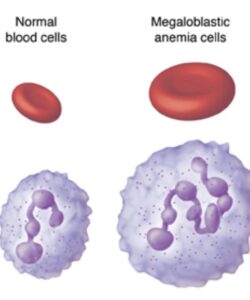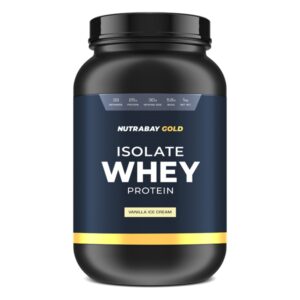The Vitamin B group are the building blocks of a healthy body. They play a vital role in maintaining energy levels and brain function. Among these, Vitamin B12 is the largest and most structurally complicated vitamin.

Hindustan times
Vitamin B12 is a water-soluble vitamin. This means that it dissolves in water and travel through the bloodstream. It contains mineral cobalt and so, also known as Cobalamin.
Vitamin B12 does not naturally occur in human body. It combines with the protein which we consume through food. Hydrochloric acid and enzymes in the stomach break it into its free form. It then binds to a protein called intrinsic factor and is absorbed farther down in the small intestine.
This Vitamin in its free form occurs in animals. Thus, you can obtain it from fish, meat, poultry, eggs, and dairy products.
HOW DOES VITAMIN B12 HELP YOU / HOW WILL ITS DEFICIENCY EFFECT YOU?
The health benefits of this Vitamin are innumerable. Here are some of them :
- Formation of Red Blood Cells – Vitamin B12 is essential for the production of red blood cells in your body.The deficiency of this Vitamin causes a direct impact on shape of the red blood cells. The natural shape of these cells is small and round. But, a lack of this vitamin makes them irregular shaped and large. This creates problem in their appropriate movement through the bloodstream and may lead to megaloblastic anemia. Furthermore, it restricts transportation of oxygen to the vital organs of the body. This can make one feel tired and weak on a regular basis.

2. Supports Bone Health – Bone density determines the bone health. A sufficient amount of Vitamin B12 ensures normal bone mineral density. Low bone density can result into fragile bones, thus an increased risk of osteoporosis. The word means ‘porous bone’. Many researches display a link between this vitamin’s inadequacy and low bone health.
3. Aids in Cardiovascular Health & Cognitive Functions – Vitamin B12 is required for the breakdown of homocysteine, a protein.Homocysteine levels above a certain threshold are linked to an increased risk of heart disease and stroke, as it promotes the creation of blood clots and excess free radical cells, as well as impairing normal blood vessel function. Homocysteine levels can rise if you don’t get it enough. Moreover, Homocysteine levels above a certain threshold have been related to an increased risk of Alzheimer’s disease, dementia, and cognitive decline.
WHAT IS THE ADEQUATE AMOUNT OF VITAMIN B12 YOU NEED?
RDA: The Recommended Dietary Allowance for men and women ages 14 years and older is 2.4 micrograms (mcg) daily. For pregnancy and lactation, the amount increases to 2.6 mcg and 2.8 mcg daily, respectively. ( U.S. Department of Health & Human Services)
UL: A Tolerable Upper Intake Level (UL) is the maximum daily dose unlikely to cause adverse side effects in the general population. No upper limit has been set for vitamin B12, as there is no established toxic level. (National Institute of Health)
WHAT ARE THE SYMPTOMS OF DEFICIENCY?
You could get anaemic if you don’t get enough vitamin B12. A slight deficit may go unnoticed. Following symptoms may show up if there is deficiency:
- Constipation, diarrhea, loss of appetite, or gas
- Weakness or tiredness
- Faded or Pale skin
- Shortness of breath
- Loss of Muscular Strength
- Cognitive issues like numbness etc
HOW CAN YOU TREAT VITAMIN B12 DEFICIENCY?
Other than the Animal sources mentioned in the article, one can also maintain sufficient Vitamin B12 by taking Supplements. Supplements include Multivitamin or B12 Tablets and B12 Injections.

https://foodvez.com/product/zedon-multivitamin-tablets/
One can always find them at certified online sites. If you want to go for one, you can find at https://foodvez.com/?s=VITAMIN&post_type=product
Although, it is always recommended to consult your physician before any such administration.

